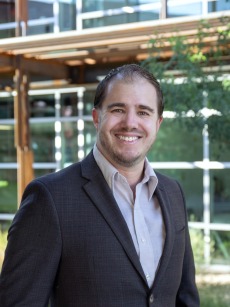
Joshua Schlachet is a historian of early modern and modern Japan, specializing in the cultural history of food and nourishment in the eighteenth and nineteenth centuries. His first monograph, Nourishing Life: Cultures of Food and Health in Early Modern Japan (UHP, 2026), examines the emergence of a dietary common knowledge as new practical guidebooks circulating among ordinary readers expanded the concept of a well-nourished body to encompass economic productivity, status hierarchy, and moral cultivation.
Schlachet is co-editor of Interdisciplinary Edo: Towards an Integrated Approach to Early Modern Japan (Routledge, 2024), a collected volume of innovative humanistic research from across the methodological spectrum. Schlachet's research and commentary have appeared in publications such as Asian Medicine, Verge: Studies in Global Asias, and Monumenta Nipponica. His research interests include global and comparative food studies, histories of science and health, material culture and artisanship, and Dutch-Japanese exchange.
With support from the College of Humanities' Fearless Inquiries Project, Schlachet serves as PI for the Eating Right Everywhere Initiative, which seeks to reimagine healthful consumption in a global, humanistic framework. By combining cutting-edge research in health humanities and cultural studies with perspectives from nutritionists, industry professionals, and community stakeholders, this first-of-its-kind project bridges geographical and temporal perspectives towards a holistic, multicultural theory of eating right.
At the University of Arizona, Schlachet teaches courses on Japanese and East Asian history, dietary cultures, material and consumer culture, and everyday life. He received his Ph.D. in East Asian Languages and Cultures from Columbia University and holds degrees from Cornell University (History), the University of Michigan (Japanese Studies), and the Culinary Institute of America (Culinary Arts).


